Deputy PM: Serbia won’t cross red lines
Serbian Deputy PM Božidar Đelić has stated that Serbia “will not cross the red lines regarding Kosovo” for the sake of the EU membership.
Saturday, 27.08.2011.
14:14

Serbian Deputy PM Bozidar Djelic has stated that Serbia “will not cross the red lines regarding Kosovo” for the sake of the EU membership. He added that Serbia deserved the candidate status and a date for the beginning of the accession negotiation. Deputy PM: Serbia won’t cross red lines He told EurActive and Beta news agency that Serbia would completely fulfill the agenda in the field of reforms after it adopts the law on the restitution in September. The deputy PM explained that the focus would then shift to the dialogue with Pristina. “According to the Action plan from December last year, we had two obligations – to agree on the customs stamp and to agree on representation of Kosovo officials in regional and international forums, which would allow them to be present and our state policy would not be threatened. Those are the topics for the dialogue which will be renewed on September 2 in Brussels,” Djelic said. He once again repeated that the two sides had been close to finding a solution to the customs stamp issue, but that Pristina had made unilateral moves, which “led to high tensions and difficulties, not only for Serbia but for the entire region”. However, the deputy prime minister believes that the issue could be solved during the next round of talks. “It is very important at the moment not to use the expectation of the candidate status to try to exert inappropriate pressure on us, to try to get something that oversteps our policy’s ‘red lines’, because it simply isn’t possible,” he pointed out. According to him, in that case Serbia, the entire region and the entire European idea about the Balkans would be affected. “The risk is more present now then before and it is obvious that Pristina and some other circles in Europe are playing the card that Serbia will give in under enormous pressure and wish to become the EU candidate. That’s a non-European and harmful policy,” Djelic stressed. When asked whether it is realistic to expect that Serbia will get a date for the beginning of the accession negotiations under such circumstances, the deputy prime minister said that “there is no doubt that Serbia will earn the candidate status and that it will, keeping in mind standards for other countries, earn a date for the beginning of the EU accession negotiations”. “However, we will see what happens at the December summit,” he said. Djelic pointed out that the most important result of German Chancellor Angela Merkel’s recent visit to Belgrade was an agreement to intensify Belgrade and Berlin’s communication regarding Kosovo and to hold a meeting in Berlin after the European Commission (EC) published its opinion on Serbia’s EU candidacy to discuss its implications. Commenting on Merkel’s statement that Belgrade should accept to abolish its parallel institutions in north Kosovo, Djelic said that the idea was “undemocratic” and that the dialogue with Pristina should not serve as means to blackmail Serbia. “As far as parallel institutions are concerned, we only made it clear to the German side that those institutions are the ones elected by the citizens, that those institutions have democratic legitimacy,” he stated. “Therefore the idea to shut down such institutions is an undemocratic tendency and it is very important to admit, if we want to build democracy in the Balkans, that institutions that have citizens’ support need to be respected,” the deputy PM stressed. He added that Serbia was ready to discuss all open issues “but not in a way that favors unilateral actions that can lead to violence and loss of lives and not in a way that denies democracy”. Bozidar Djelic
Deputy PM: Serbia won’t cross red lines
He told EurActive and Beta news agency that Serbia would completely fulfill the agenda in the field of reforms after it adopts the law on the restitution in September. The deputy PM explained that the focus would then shift to the dialogue with Priština.“According to the Action plan from December last year, we had two obligations – to agree on the customs stamp and to agree on representation of Kosovo officials in regional and international forums, which would allow them to be present and our state policy would not be threatened. Those are the topics for the dialogue which will be renewed on September 2 in Brussels,” Đelić said.
He once again repeated that the two sides had been close to finding a solution to the customs stamp issue, but that Priština had made unilateral moves, which “led to high tensions and difficulties, not only for Serbia but for the entire region”.
However, the deputy prime minister believes that the issue could be solved during the next round of talks.
“It is very important at the moment not to use the expectation of the candidate status to try to exert inappropriate pressure on us, to try to get something that oversteps our policy’s ‘red lines’, because it simply isn’t possible,” he pointed out.
According to him, in that case Serbia, the entire region and the entire European idea about the Balkans would be affected.
“The risk is more present now then before and it is obvious that Priština and some other circles in Europe are playing the card that Serbia will give in under enormous pressure and wish to become the EU candidate. That’s a non-European and harmful policy,” Đelić stressed.
When asked whether it is realistic to expect that Serbia will get a date for the beginning of the accession negotiations under such circumstances, the deputy prime minister said that “there is no doubt that Serbia will earn the candidate status and that it will, keeping in mind standards for other countries, earn a date for the beginning of the EU accession negotiations”.
“However, we will see what happens at the December summit,” he said.
Đelić pointed out that the most important result of German Chancellor Angela Merkel’s recent visit to Belgrade was an agreement to intensify Belgrade and Berlin’s communication regarding Kosovo and to hold a meeting in Berlin after the European Commission (EC) published its opinion on Serbia’s EU candidacy to discuss its implications.
Commenting on Merkel’s statement that Belgrade should accept to abolish its parallel institutions in north Kosovo, Đelić said that the idea was “undemocratic” and that the dialogue with Priština should not serve as means to blackmail Serbia.
“As far as parallel institutions are concerned, we only made it clear to the German side that those institutions are the ones elected by the citizens, that those institutions have democratic legitimacy,” he stated.
“Therefore the idea to shut down such institutions is an undemocratic tendency and it is very important to admit, if we want to build democracy in the Balkans, that institutions that have citizens’ support need to be respected,” the deputy PM stressed.
He added that Serbia was ready to discuss all open issues “but not in a way that favors unilateral actions that can lead to violence and loss of lives and not in a way that denies democracy”.














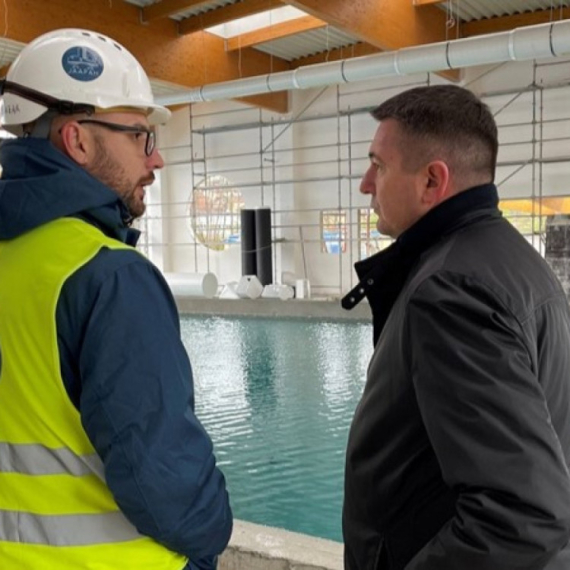
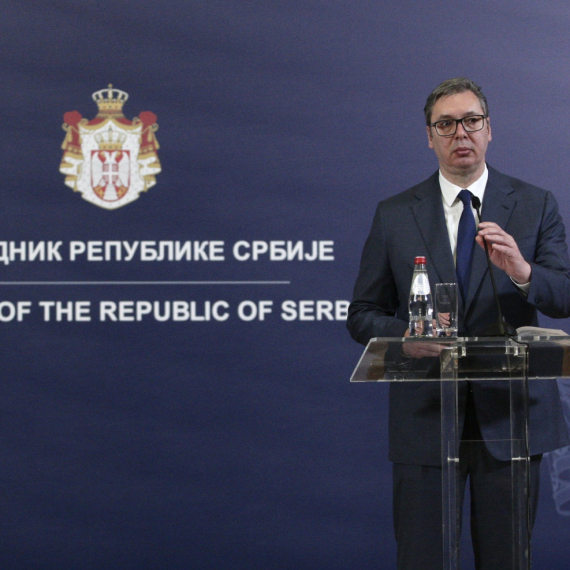
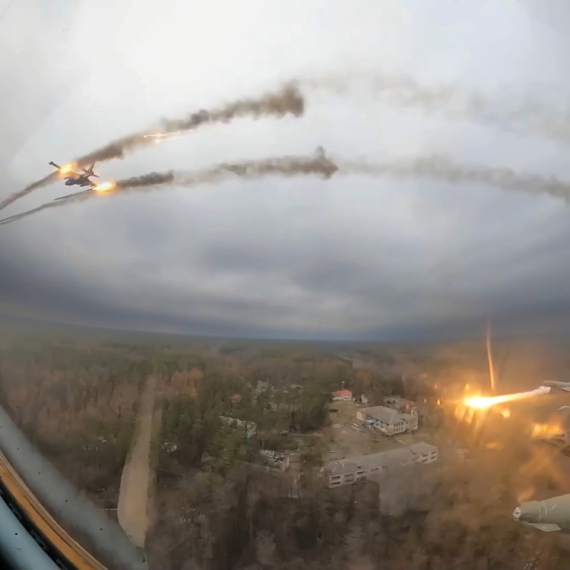

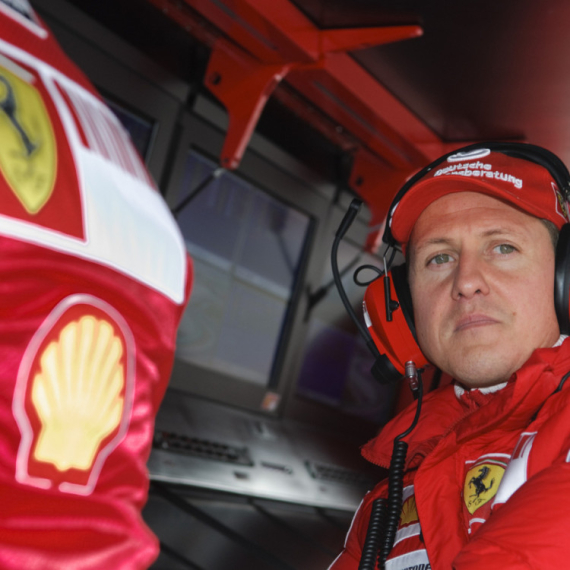
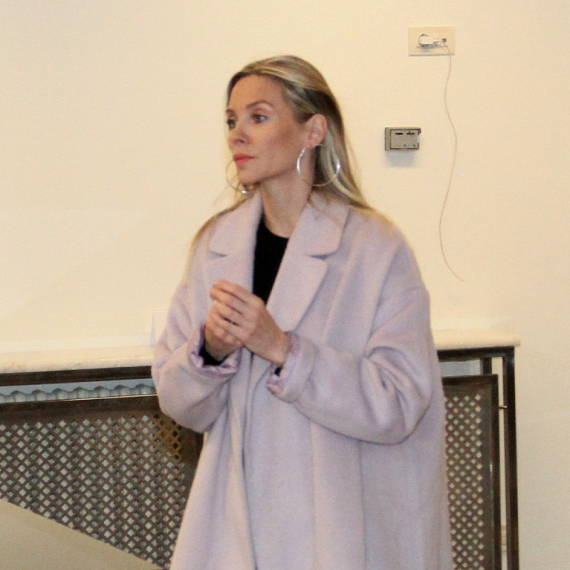

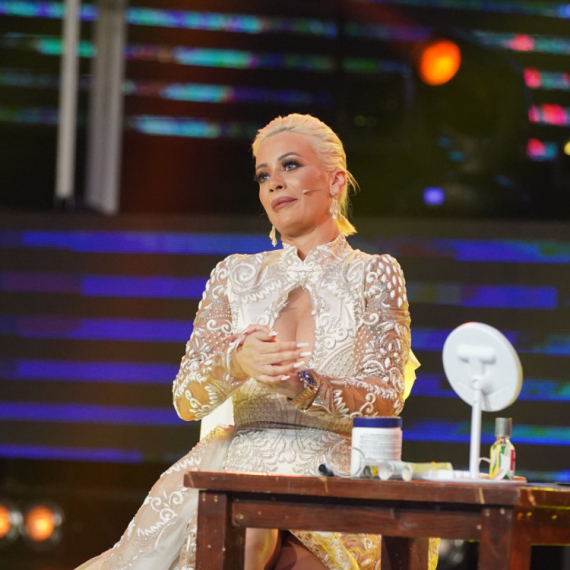




































Komentari 13
Pogledaj komentare